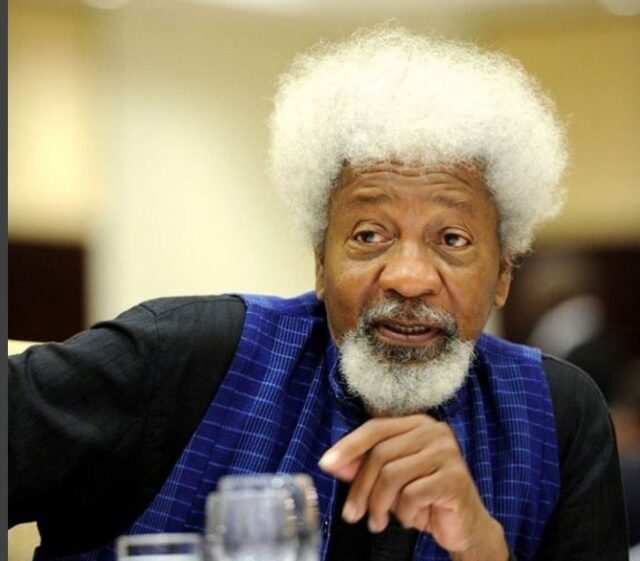Renowned Nobel Laureate, Professor Wole Soyinka, has shared insights into his spiritual inclinations, emphasizing that Orisa worship holds a deeper appeal for him due to its artistic and non-violent essence.
Speaking in a recent interview with CNN’s Larry Madowo, Soyinka reflected on his dual religious upbringing, having been exposed to both Christianity and traditional African spirituality.
He recalled, “I was fortunate to be born into two worlds—the Christian faith and the Orisa tradition. My grandfather was a devoted Orisa worshipper and a chief before eventually converting to Christianity. However, I found his Orisa roots far more fascinating.”
According to The Punch, Soyinka described Orisa worship as more engaging and enigmatic compared to Christianity and Islam.“Orisa is rich in creativity, artistry, and an air of mystery,” he noted, adding that he finds little of such mystique in the Abrahamic religions.
- Boko Haram IED Explosion on Borno Road Kills Eight, Wounds Others
- EFCC Opens Probe of 24 Nigerian Young Men Detained in Ghana over Suspected Cybercrimes
- Former CBN Governor Emefiele Attempts To Regain Forfeited Abuja Estate; Court Dismisses the Attempt
- King Sunny Ade’s House Divided as Daughter Alleges he has Been Kidnapped; Other Family Members Deny Claim
- You Can Gather All Governors But If Nigerians Reject You, it is Over — El-Rufai Tells Tinubu
- Woman Leaves Husband after Falling in Love with ChatGPT
Highlighting the openness and inclusivity of Orisa spirituality, Vanguard reported that Soyinka sees it as fundamentally non-violent.
“Orisa is welcoming and ecumenical. This openness allowed foreign religions to integrate and sometimes distort its essence. Unlike Christianity and Islam, it does not impose or resort to violence,” he explained.
Soyinka also reiterated his disinterest in conventional religious doctrines, stating unequivocally, “I do not believe in the Christian or Islamic concept of God. If that labels me an atheist, then so be it—I am an atheist.”
Beyond spirituality, the literary giant disclosed his unease with adaptations of his life and works. He admitted, “The idea of turning aspects of my life into something others can watch unsettles me. It makes me deeply uncomfortable.”
Soyinka’s reflections provide a glimpse into his philosophical worldview, shaped by both personal heritage and intellectual exploration.












